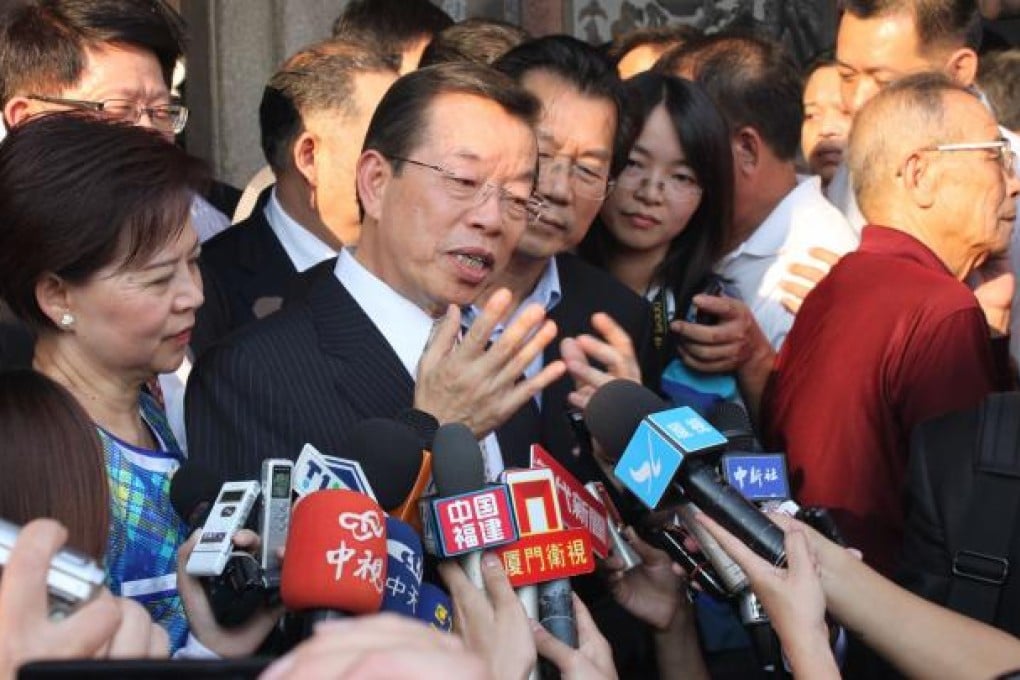Opinion | DPP reaches out to Beijing while trying to stay true to party faithful
Frank Ching considers the balancing act of Taiwan's DPP in trying to engage Beijing while keeping its pro-independence stance

Ever since President Ma Ying-jeou won re-election by defeating Tsai Ing-wen, the Democratic Progressive Party has been agonising over how to mend fences with Beijing so as to have a chance to regain power in Taiwan.
Ma won the election because of his cross-strait policy, which has led to improved ties with the mainland. The DPP, meanwhile, was stuck with its pro-independence stance. Su Tseng-chang, who succeeded Tsai as party chairman, made relations with the mainland a new priority, and reinstated the party's China Affairs Department.
Beijing is aware that in a two-party democracy, Ma's Kuomintang could not expect to remain in power indefinitely. It therefore wants to be prepared for the day when the DPP might return to power.
So both Beijing and the DPP want to improve relations. Beijing has made it clear that DPP members could visit the mainland not as representatives of their party but in an "appropriate" capacity. Earlier this month, it succeeded in luring a DPP heavyweight - former party chairman Frank Hsieh Chang-ting, who went to the mainland ostensibly to attend a bartending competition.
Hsieh is known for his more relaxed views on China. In 2010, as mayor of Kaohsiung, he communicated with his counterpart in Xiamen , and said that "Xiamen and Kaohsiung are two cities in one country", implying acceptance of "one China".
During his trip, Hsieh was received by Wang Yi, director of the Taiwan Affairs Office of the State Council, State Councillor Dai Bingguo, who is responsible for foreign policy, and the mainland's top cross-strait negotiator, Chen Yunlin.
